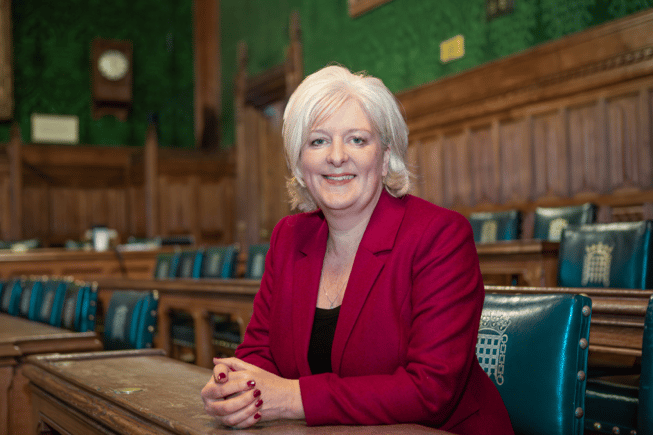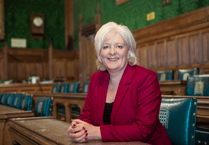You would be forgiven for thinking that immigration is the defining feature of UK politics at the moment. But the profound and relentless squeeze on living standards that we’ve been feeling for years now is probably on the minds of far more people.
Every week seems to bring more pain in the form of higher bills, be it water, energy or food. And that’s even harder as Christmas approaches.
Rising bills have been a part of our lives for years, with late 2021 being the time when the cost-of-living crisis began for many. Less than a year later, research from the Office of National Statistics found that nearly a quarter of UK adults were struggling to pay their usual household bills compared to the previous year.
Fast forward four years and little has changed: an estimated four million people in England and Wales are in households trapped in a negative budget, meaning they spend more on essentials than they earn. And UK credit card debt is now estimated to be at an eye-watering £70 billion.
People are working with their nose to the grindstone all month and have next to nothing left after sky-high bills and spiralling food prices. In years gone by people knew they could look forward to fish and chips with their family on a Friday night or a weekend trip to the cinema but that has changed.
The effect of this is not only increased worries over the family budget, but also a reduction in discretionary spending, fuelling both the decline of British high streets, and negative feelings about the state of the country.
It is little wonder the cost-of-living crisis is happening concurrently to a rightward drift in British politics. Migrants and perceived “outsiders” have become the perfect scapegoats for right-wing populists to blame declining living standards on.
In reality, the situation is far more complex. But that does not mean there are no levers left for the Government to pull to alleviate the cost-of-living crisis, put more money into people’s pockets, and support our struggling hospitality sector.
Last week, ahead of the Budget, the Liberal Democrats shared two policy ideas for the Chancellor to consider: a 5% cut in VAT for pubs, restaurants, entertainment and accommodation venues; and removing the main renewable levy from energy bills, which would take bills to their second-lowest level since the energy crisis began in 2022.
Both proposals would be funded by a new windfall tax on big banks and would save a typical family around £270 over the next 18-months. This two-pronged “cost of living and cost of doing business rescue plan” would come in straightaway, bringing an immediate benefit to customers and high streets overnight.
By making heating more affordable, this plan would free up a bit of extra spending on occasional extras, which, in turn, would help our hospitality industry which has been hammered under Labour.
We need policies like these to confront the cost-of-living crisis that is hurting so many households and businesses. The Chancellor must choose something that will boost business, not squeeze it harder, and give people hope that their communities, and the economy, are on the up.





Comments
This article has no comments yet. Be the first to leave a comment.